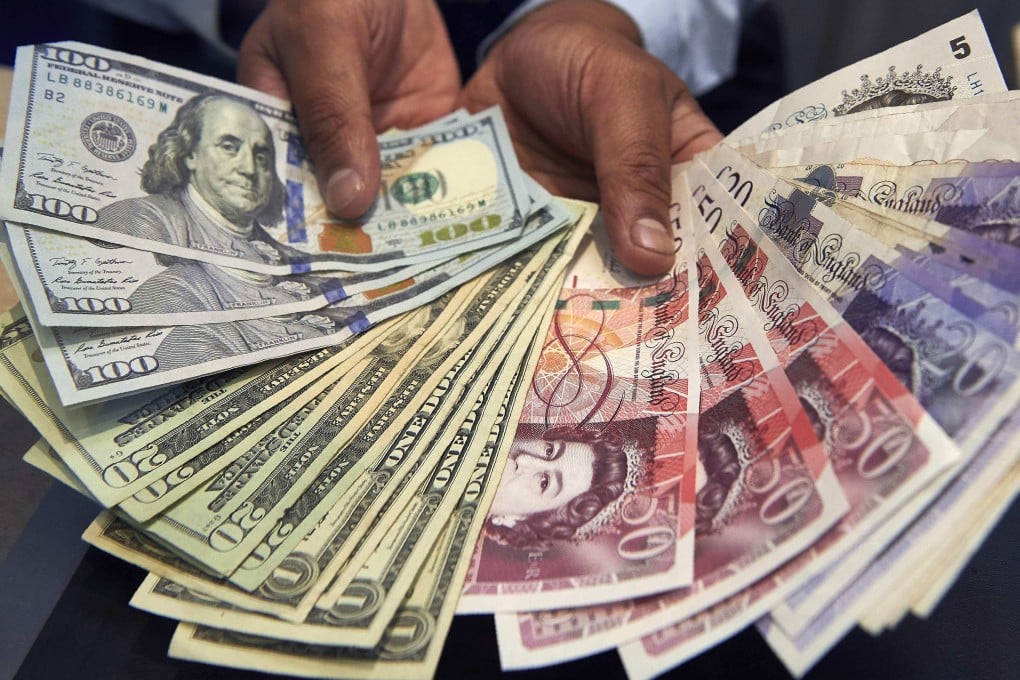Advertisement
British pound falls to lowest level against US dollar since Margaret Thatcher was prime minister
- Sterling fell as much as 1 per cent to US$1.1406, a level last seen in 1985
- Britain is grappling with double-digit inflation, the prospect of a long economic contraction, and warnings of a recession
Reading Time:1 minute
Why you can trust SCMP

The pound slid to its weakest level in close to four decades, weighed down by a dire economic outlook and the latest bout of US dollar strength.
Sterling fell as much as 1 per cent to US$1.1406, a level last seen in 1985, when Margaret Thatcher was prime minister.
Much like then, the economic outlook is challenging. Britain is grappling with the dual threats of double-digit inflation and the prospect of a long economic contraction. The Bank of England is warning of more than a year of recession.
Advertisement
“The markets are seemingly relishing the opportunity to bash the British pound,” said Valentin Marinov, head of G-10 currency research at Credit Agricole.
The last time the sterling-dollar exchange rate was this low the world’s richest nations signed the Plaza Accord, an agreement to weaken the US currency.
The US dollar is soaring against a major peers again, compounding sterling’s slide and piling pressure on the central bank to keep up with the pace of US interest-rate hikes.
Advertisement
Select Voice
Select Speed
1.00x